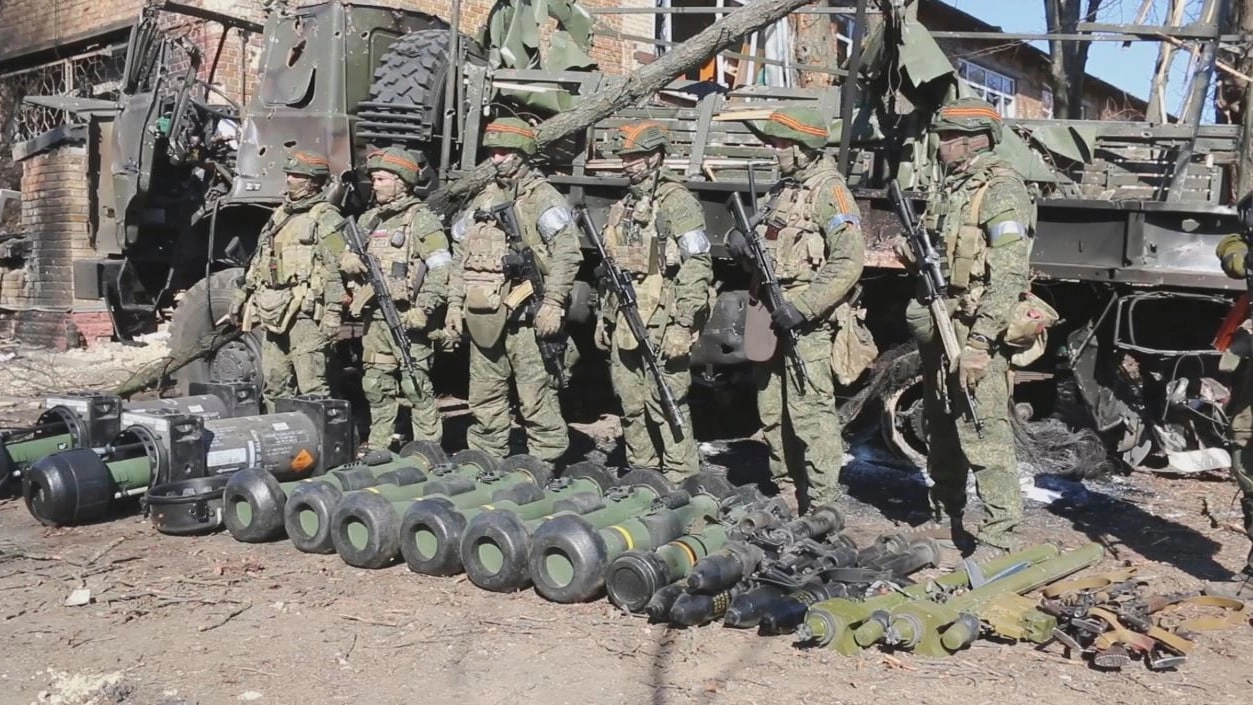Recent reports indicate a troubling increase in HIV cases among Russian soldiers, a development that has raised significant concerns in the context of the ongoing conflict in Ukraine. The surge in infections is indicative of broader issues related to health and well-being within the military ranks, exacerbated by the challenging conditions associated with war. Soldiers are often exposed to various risks during deployment, and the lack of proper medical care and education about sexually transmitted infections (STIs) can lead to dangerous consequences.
The rise in HIV cases highlights the urgent need for effective health interventions and support systems for military personnel. Many soldiers may be unaware of their HIV status or may not have access to testing and treatment options, which can further fuel the spread of the virus. The stigma surrounding HIV also plays a significant role, as many individuals may avoid seeking help due to fear of discrimination or social ostracization. This situation not only affects the health of the soldiers but can also impact military readiness and operational effectiveness, as a significant number of personnel may be unfit for duty due to health issues related to HIV.
Additionally, the ongoing conflict intensifies these challenges, making it increasingly difficult to implement effective health education and preventive measures within the military. With the chaos of war, healthcare resources are often stretched thin, and the focus tends to shift towards immediate combat readiness rather than long-term health outcomes. This environment can create a breeding ground for the spread of HIV and other STIs, as soldiers may engage in high-risk behaviors without adequate information or protection.
Addressing the surge in HIV cases among Russian soldiers requires a multifaceted approach that includes increased access to healthcare, comprehensive education on safe practices, and the dismantling of stigma associated with HIV. It is essential for military leadership to prioritize the health and welfare of their personnel, recognizing that a healthy force is a more effective one. Moreover, this situation serves as a critical reminder of the broader implications of health issues within military contexts, particularly during times of conflict, where the well-being of soldiers is paramount not only for their personal health but also for the overall success of military operations.




